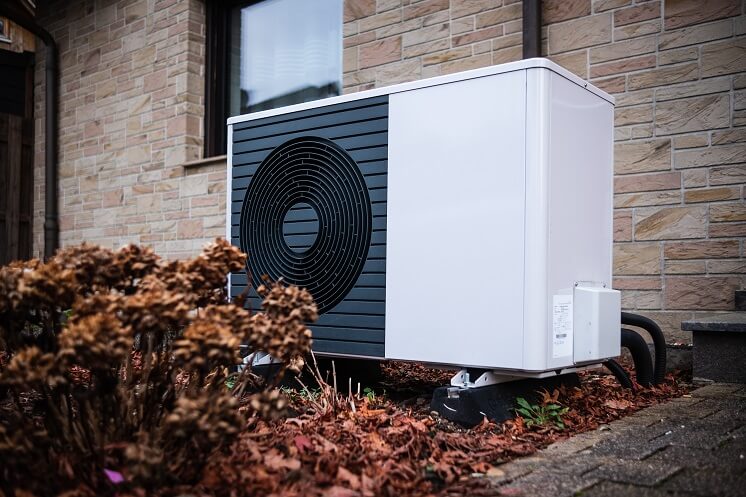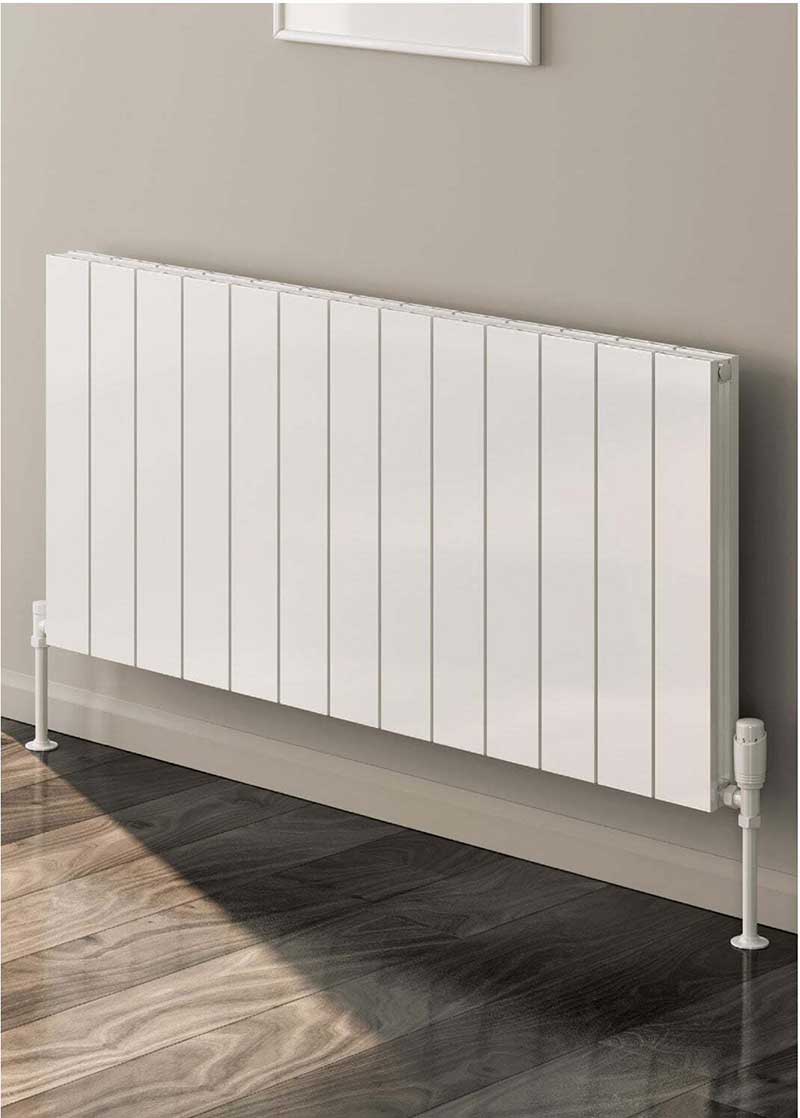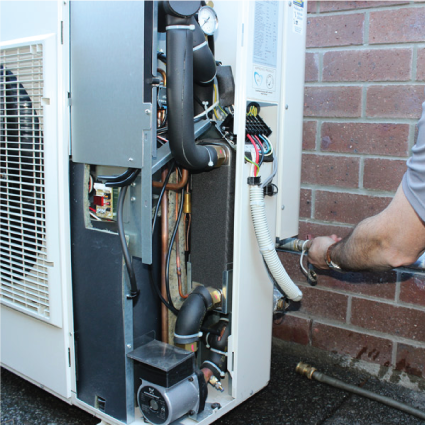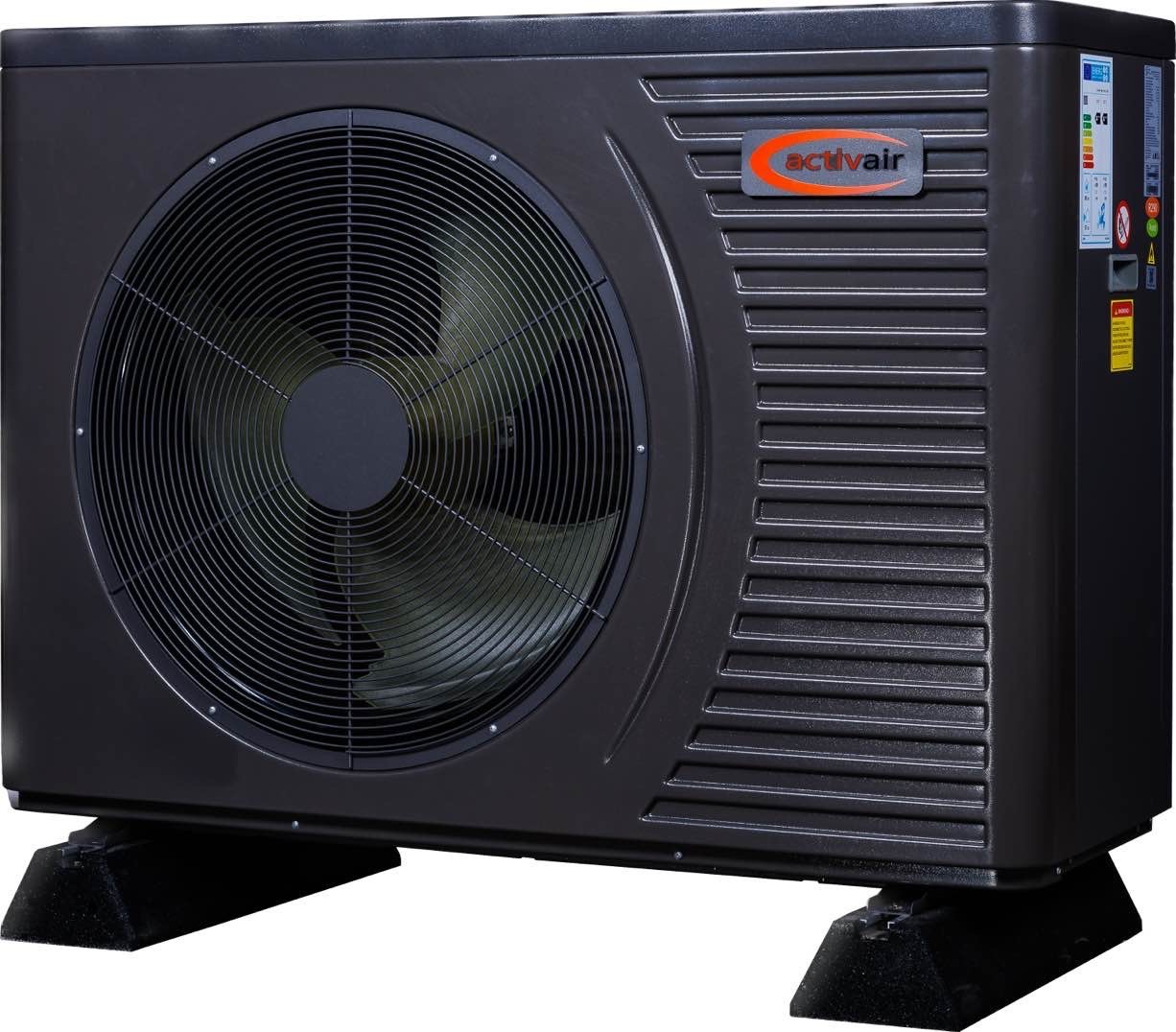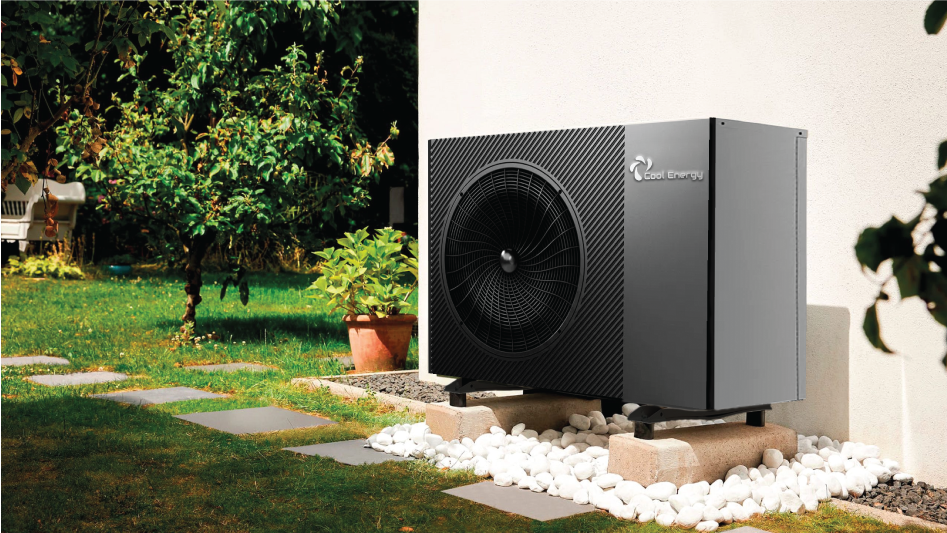- A high temperature heat pump can heat your home as quickly as a gas boiler
- They’re 250% more efficient than boilers
- They don’t require new insulation or radiators, unlike regular heat pumps
High-temperature heat pumps offer an excellent solution for specific properties. Despite the potentially high cost of heat pumps, they can help reduce energy bills and contribute to climate preservation.
These machines can be installed with minimal hassle and provide heating for your home at a similar speed as a gas boiler, making them an appealing option. However, they are typically more suitable for homes with significant heat loss that cannot be further insulated.
In this guide, we will provide an explanation of how high-temperature heat pumps work and offer insights into whether or not they are a suitable choice for your home.
If you are interested in determining if a heat pump is the right choice for you, simply provide your details in our form to receive free quotes from our expert installers.
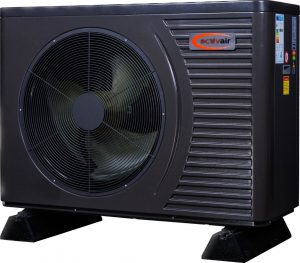
What's on this page?
What is a high temperature heat pump?
A high temperature heat pump is an eco-friendly system that can provide the same level of warmth and heating speed as a gas boiler. It has the capability to reach temperatures ranging from 60°C to 80°C, allowing you to heat your home more quickly compared to regular heat pumps. The best part is that you don’t need to invest in new radiators or insulation.
One of the reasons behind its efficiency is the use of a superior refrigerant. For example, Daikin’s high temperature heat pump utilizes R32, a refrigerant that is not only beneficial for your home but also for the environment. It helps in achieving optimal heating performance while being environmentally friendly.
If you want to learn more about how a high temperature heat pump works, you can find detailed information at the bottom of the article.
How is a high temperature heat pump different to a regular heat pump?
High temperature heat pumps deliver hot water for domestic use at temperatures similar to boilers, typically ranging from 60°C to 80°C. On the other hand, regular heat pumps usually provide water at temperatures between 45°C to 55°C.
However, regular heat pumps are gradually catching up, as more models are now capable of reaching temperatures between 60°C to 65°C, which places them on the verge of being considered high temperature machines.
Regular heat pumps are significantly more efficient than high temperature heat pumps because they release a lower level of warmth over a longer period of time. This means that regular heat pumps can provide sustained heating while consuming less energy.
High temperature heat pump costs
| House size | Number of bedrooms | High temperature heat pump size | Cost |
|---|---|---|---|
| 100m² | 3 | 5kW | £12,500 |
| 200m² | 4 | 10kW | £16,250 |
| 300m² | 5-6 | 16kW | £18,750 |
High temperature heat pumps cost£12,500 for the average three-bedroom household, including purchase and installation.
This is 25% more than an air source heat pump costs, and three times more than you’ll pay for a gas boiler.
Can you buy high temperature heat pumps in the UK?
Here is a reworded version of the information about domestic high temperature heat pumps available for purchase in the UK:
The UK offers several options for domestic high temperature heat pumps, including the following models:
Daikin‘s high temperature air source heat pump is available in 6-12 kW models. It can supply water up to 70°C and is designed to work even in extremely cold temperatures as low as -28°C.
Depending on your preference, you can choose between a wall-mounted unit with a hot water cylinder or a single, floor-standing unit with an integrated hot water cylinder.
Trianco‘s model is available in three different varieties: 9 kW, 15 kW, and 22 kW.
Cool Energy offers heat pumps with variations of 9 kW and 18 kW, and they are known for their competitive prices.
Vattenfall, a company owned by the Swedish state, is planning to introduce its high temperature heat pumps to the UK. They have already launched their machines capable of producing temperatures ranging from 60°C to 80°C in the Netherlands.
According to Vattenfall‘s commercial director, Mark Anderson, the high temperature heat pump solution is innovative, easy to install, and could be a viable option for decarbonizing homes in the UK that currently rely on traditional gas boilers.
Are all homes suitable for a high temperature heat pump?
The majority of homes are not suitable for high-temperature heat pumps. We only recommend them for homes that experience significant heat loss and cannot be easily improved. This typically includes large, older properties that require substantial amounts of hot water. High-temperature heat pumps are a viable option for listed buildings, properties that are not connected to the gas grid, and homes that are challenging to insulate. Compared to regular heat pumps, high-temperature heat pumps are less efficient and are suitable for fewer types of properties. Therefore, it is more beneficial in the long run to ensure that your home is well-insulated and opt for a standard heat pump. While replacing a gas boiler with a high-temperature heat pump is relatively straightforward, it is important to note that your energy bills will typically be higher. Therefore, it is advisable to invest in your future by considering other alternatives.
Is it worth getting a high temperature heat pump?
In most cases, it is not advisable to invest in a high-temperature heat pump. High-temperature heat pumps typically cost 25% more to purchase and install compared to regular heat pumps. Additionally, they are approximately 20% more expensive to operate and do not provide as significant of a reduction in carbon footprint. It is generally recommended to only consider a high-temperature heat pump for properties that are large, extremely difficult to insulate, and have a high demand for hot water. However, if your building is listed or if it is too old to realistically implement energy efficiency improvements (either due to financial constraints or practical limitations), a high-temperature heat pump may be a suitable option. Otherwise, it is highly recommended to prioritize insulating your home and opting for a regular heat pump.
How do high temperature heat pumps work?
High temperature heat pumps work in four main ways, either through their design or components. These four ways are as follows:
Design optimized for specific refrigerants: The most modern refrigerants can produce higher output temperatures in heat pumps by using altered pressures and temperatures. However, this reduces the overall amount of heat produced by the heat pump, resulting in a lower efficiency rate compared to a standard heat pump. The pursuit of a high temperature heat pump involves finding a refrigerant that can operate at higher temperatures.
Cascade systems with two separate refrigeration cycles: Cascade heat pumps utilize two cycles – one low temperature and one high temperature – with a different refrigerant in each. The refrigerant in the low temperature cycle evaporates at an extremely low temperature and condenses in the heat exchanger at a relatively low pressure and temperature. This allows heat to move to the evaporator, causing the second refrigerant to evaporate as well and then condense at a still relatively low pressure, thereby maintaining high output.
Enhanced Vapour Injection (EVI): EVI involves adding another loop to the heat pump cycle. This allows a small fraction of condensed refrigerant to leave through an expansion valve into a counter flow heat exchanger. As a result, a superheated vapor is created, which can be injected into the compressor, increasing the heating capacity. Although this method consumes more electricity, it also enhances the machine’s efficiency.
Natural refrigerants and sorption products: These are gas-fueled high temperature heat pumps that utilize a sorbent to absorb refrigerant vapor and create a new solution. This solution is then pumped up to the same pressure as the condenser, and the refrigerant is extracted from the sorbent into the generator through heating. It is important to note that this type of high temperature heat pump is not available for domestic properties in the UK.
Next steps
High temperature heat pumps can provide benefits for properties that are unable to make the required modifications to accommodate a standard heat pump. However, it’s important to note that high temperature heat pumps are generally more expensive to purchase and operate. While Dr. Wood from Nottingham University believes that technological advancements can be made in this field, regular heat pumps are likely to remain the preferred option for most homes in the foreseeable future.
If you’re interested in knowing the cost of a heat pump, you can fill out our form. Simply provide a few details, and our professional suppliers will contact you with their best prices.
Find out how much a heat pump would cost you
Complete A Short Form – Receive Free Quotes – Compare & Save
Find out how much a heat pump would cost you
Complete A Short Form – Receive Free Quotes – Compare & Save

